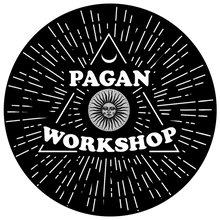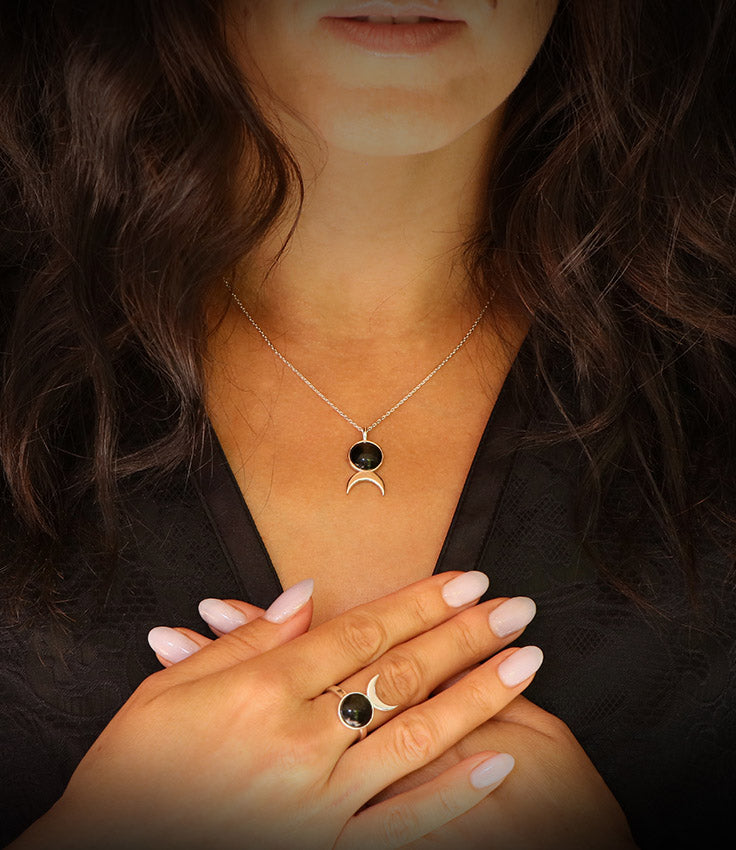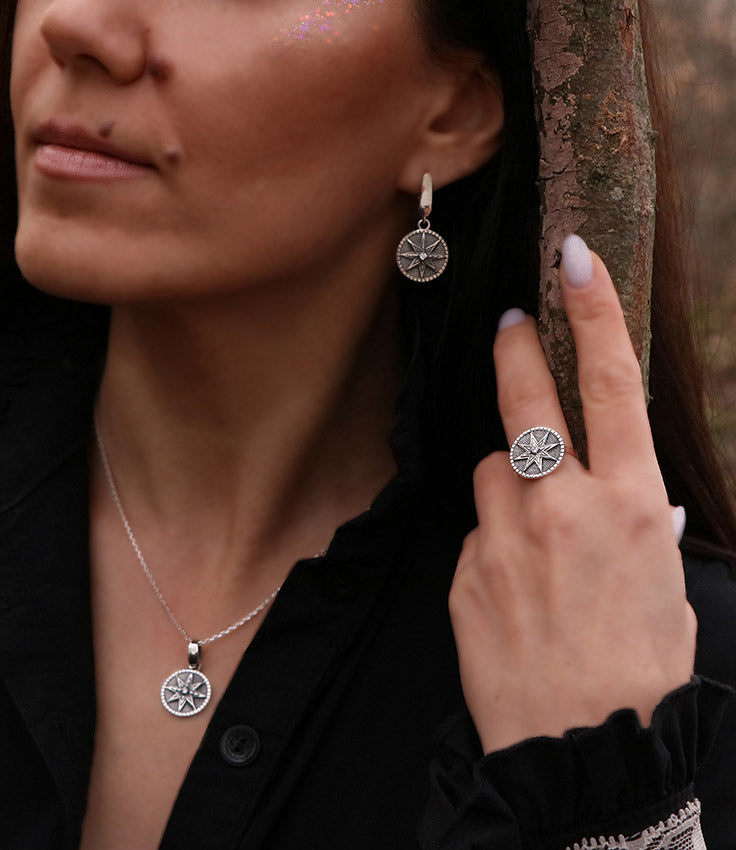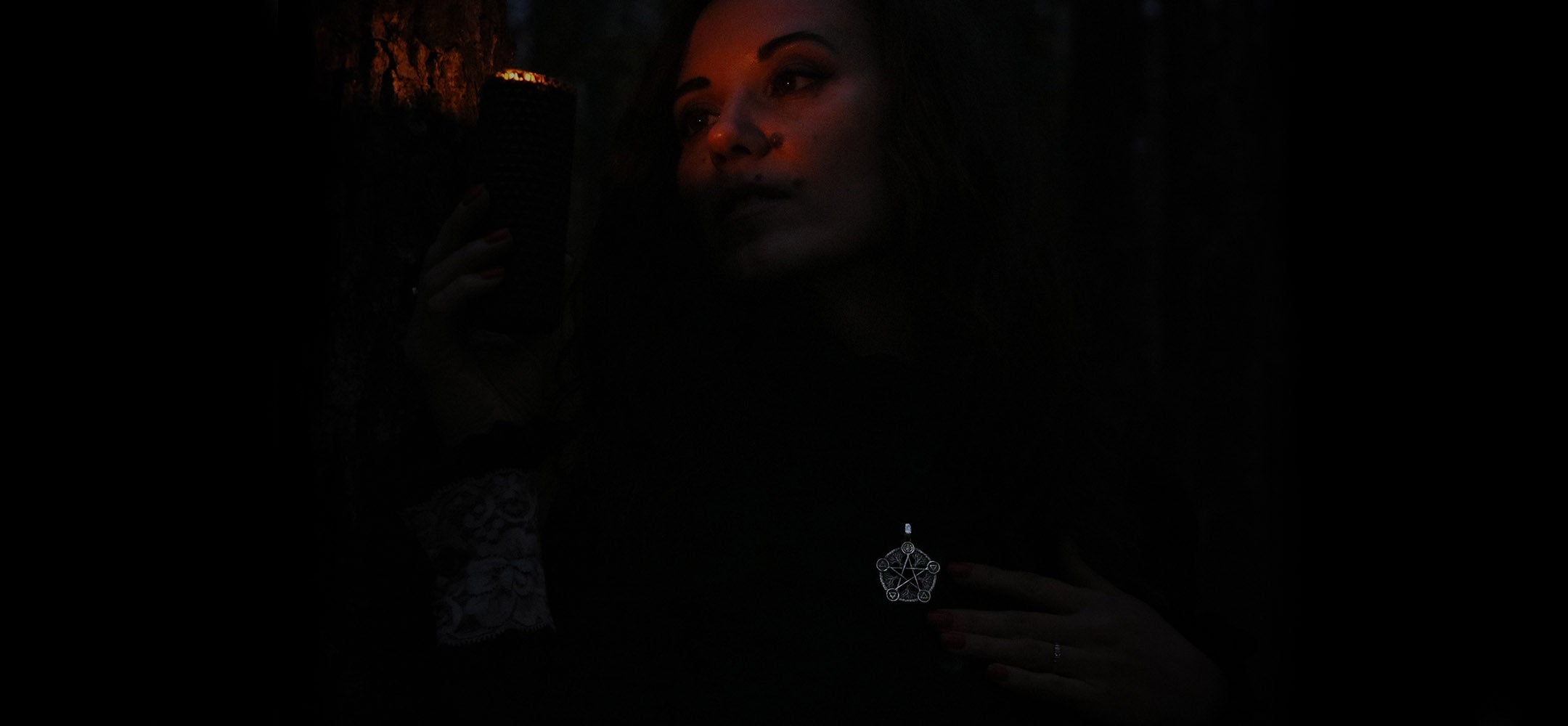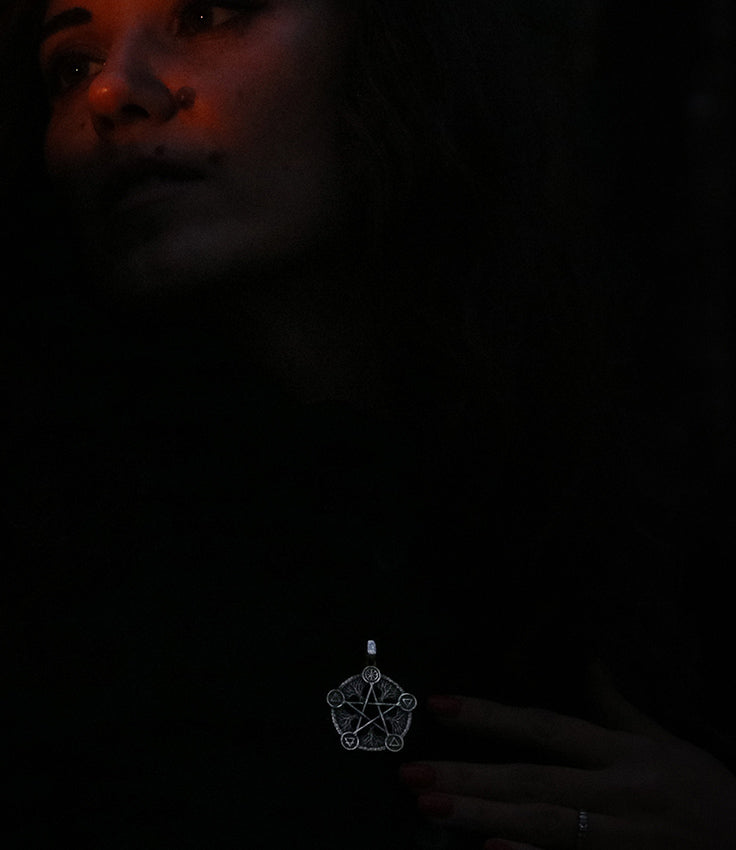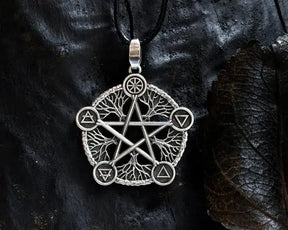Divination is the practice of seeking knowledge, guidance, or insight into the future or the unknown through spiritual or supernatural means. It has been an essential part of many cultures and spiritual traditions throughout history, used to communicate with the divine, interpret signs from the universe, and gain clarity on personal or collective matters. In many pagan and Wiccan practices, divination plays a significant role, especially during festivals like Samhain, when the veil between the worlds of the living and the dead is believed to be thinnest.
Historical and Cultural Context of Divination
The roots of divination stretch back to ancient times, with evidence of the practice found in civilizations around the world. From the oracles of ancient Greece to Chinese I Ching readings, divination has served as a bridge between the mortal and spiritual realms. Many ancient peoples believed that the gods, spirits, or the forces of nature communicated with the living through subtle signs and symbols, which diviners were tasked with interpreting.
Throughout history, different forms of divination have emerged based on cultural beliefs and natural elements. In ancient Rome, for example, augurs interpreted the flight patterns of birds to divine the will of the gods, while the Druids of the Celtic world used sacred trees and nature for their insights. In African, Native American, and other indigenous traditions, shamans used rituals, nature-based signs, and dreams for prophecy and insight.
Today, many of these ancient practices have been revived or adapted into modern forms of divination.
The Purpose of Divination
The primary goal of divination is to gain insight or clarity into matters that are uncertain or hidden, whether in regard to the future, relationships, personal dilemmas, or spiritual matters. Divination is also used to understand the will of the divine or higher powers, seek guidance from ancestors or spirits, or gain access to subconscious wisdom.
- Seeking Guidance: Many people turn to divination to help navigate life’s challenges or make decisions about love, career, family, or personal growth.
- Understanding the Present: Divination is not just about the future; it also offers clarity about current situations by revealing underlying influences or energies.
- Connection with the Spirit World: In spiritual practices like Wicca or paganism, divination is seen as a way to communicate with spirits, deities, or the energies of nature.
- Personal Reflection: Divination can also serve as a form of self-reflection, helping individuals understand their inner motivations, fears, and desires.
Forms of Divination
-
Tarot Reading: Tarot is one of the most well-known forms of divination. A deck of 78 cards is used, each with symbolic images representing different aspects of life, emotions, and spiritual themes. Tarot readings are often used to answer specific questions or explore larger spiritual journeys. The cards can be laid out in various spreads, such as the Celtic Cross or three-card spreads, each offering insights into past, present, and future influences.
-
Scrying: Scrying is the practice of gazing into a reflective surface, such as a crystal ball, mirror, or bowl of water, to receive visions or insights. The images or symbols seen during scrying are often abstract and open to interpretation, requiring the diviner to rely on intuition. Scrying is particularly common during Samhain, as it is believed the heightened spiritual energy of the season makes it easier to access hidden knowledge.
-
Runes: Runes are an ancient form of divination that originated in Norse and Germanic cultures. Each rune, a symbol from the Elder Futhark alphabet, carries a unique meaning or spiritual energy. A set of runes is cast or drawn, and their positions and relationships to one another are interpreted to gain insight. Runes are often used to understand challenges, seek guidance, or explore spiritual paths.
-
Pendulum Divination: Pendulum divination involves using a weighted object, often a crystal, suspended on a chain or string. The pendulum is held over a surface, and questions are asked. The movement of the pendulum (whether it swings in a circle, back and forth, or in a different pattern) is interpreted as answers from spiritual guides or the subconscious mind. It is a simple yet effective tool for asking yes-or-no questions.
-
Astrology: Astrology is the study of how the positions and movements of celestial bodies (such as planets, stars, and the moon) influence events on Earth and personal characteristics. By creating a birth chart based on the time and place of an individual’s birth, astrologers interpret the influence of cosmic forces on a person’s life. Astrology can provide insight into personality traits, relationships, and life paths, as well as predict future trends.
-
Tea Leaf Reading (Tasseomancy): Tasseomancy involves interpreting patterns formed by tea leaves in a cup after the tea has been drunk. The reader looks for images or shapes in the leaves, which are then interpreted to answer questions or give guidance. This form of divination is highly symbolic, and the meanings of shapes often depend on both cultural interpretations and the reader's intuition.
-
Numerology: Numerology is the study of the mystical significance of numbers. It is based on the belief that numbers hold spiritual vibrations and can reveal hidden patterns in life. In numerology, the numbers associated with your birth date, name, or other significant dates are calculated to reveal insights into your personality, destiny, or spiritual lessons.
-
I Ching: The I Ching (Book of Changes) is an ancient Chinese system of divination. It involves casting coins or sticks and interpreting the resulting hexagrams (a combination of six broken or unbroken lines) to answer questions. Each hexagram corresponds to a particular spiritual or philosophical concept, offering guidance on life’s transitions and challenges.
Divination in Samhain and Pagan Rituals
During Samhain, divination is especially powerful and significant, as it is believed that the veil between the world of the living and the dead is at its thinnest, making it easier to communicate with ancestors and spirits. Many practitioners use this time to conduct divination sessions in order to gain insight for the coming year, seek guidance from the spirits of the deceased, or gain a better understanding of life’s mysteries.
-
Communing with Ancestors: At Samhain, many people seek guidance from their ancestors, using divination as a way to connect with the wisdom and experiences of those who came before them. Tarot readings, rune casting, or scrying may be used to receive messages from the deceased, honoring their presence and gaining insights for the living.
-
Seeking Insights for the New Year: Since Samhain marks the beginning of the pagan new year, it’s a time to reflect on the past and look ahead to the future. Divination is often performed to gain clarity on what the new year may bring, how to overcome obstacles, or how to grow spiritually.
-
Candle Gazing and Fire Divination: Fire is a potent symbol of transformation, and during Samhain, bonfires and candles are often used for divination. Practitioners may gaze into the flames (a form of scrying) or observe the movement of the fire to receive visions or messages.
The Role of Intuition in Divination
In all forms of divination, intuition plays a key role. Divination is not about receiving straightforward answers, but rather about interpreting symbols, feelings, or patterns with the help of intuitive understanding. The diviner often acts as a medium, translating the symbolic language of the universe or spirit into practical guidance. This is why divination is as much an art as it is a practice, requiring a blend of knowledge, intuition, and spiritual awareness.
Ethics and Responsibility in Divination
While divination offers deep insights, it also comes with a responsibility to use the information wisely. Most spiritual traditions emphasize that divination should be conducted with respect for free will and should never be used to manipulate or control others. Ethical divination practices involve clarity of intention, respect for privacy, and an understanding that the future is always in flux.
Conclusion
Divination is a timeless practice that offers a window into the mysteries of the universe, guiding us through life’s uncertainties, challenges, and transitions. Whether used for personal reflection, seeking guidance from the divine, or communicating with the spirit world, divination provides a powerful tool for spiritual growth and connection with the unseen forces that shape our lives.
